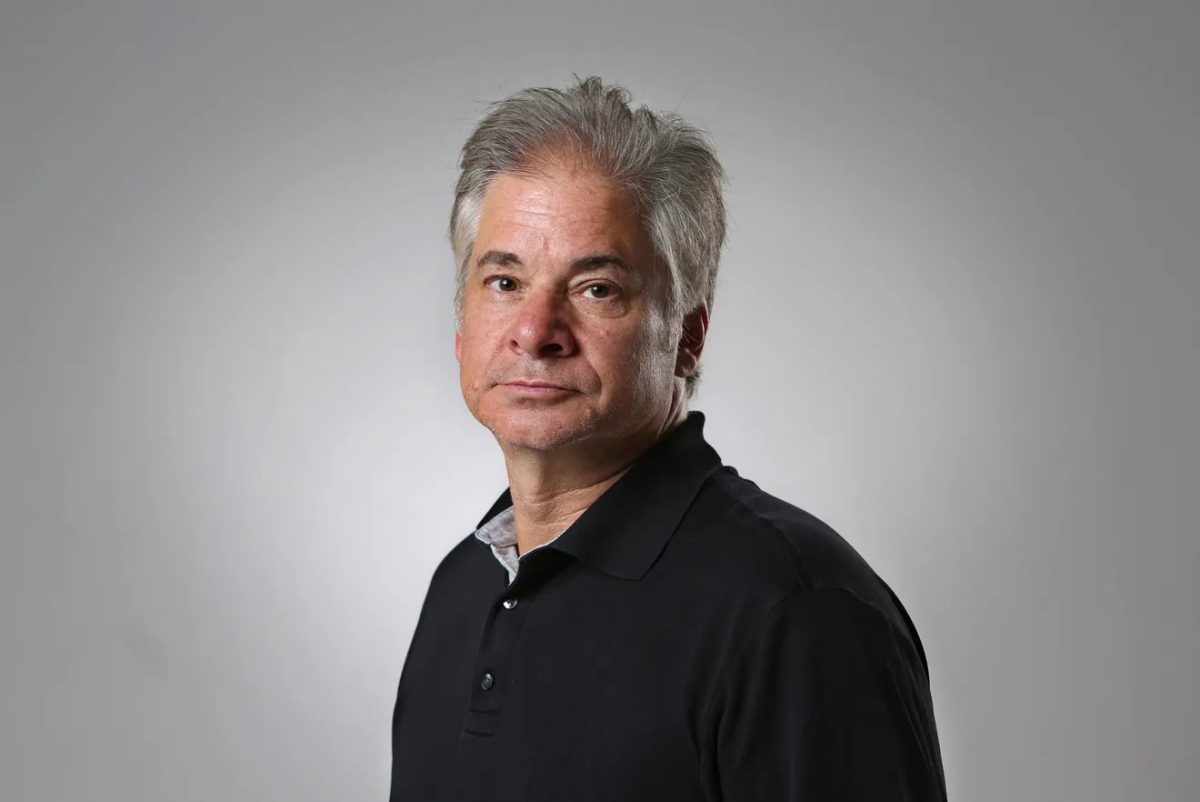Smart phones are now the dominant device used to consume local news; more people get local news from content creators than legacy news outlets; people want humans – not just AI – delivering their news; and local news is widely used, but very few pay for it.
Those are among the headline findings in a comprehensive new survey of 1,101 residents in the 14-county Chicago area commissioned by the Medill Local News Initiative at Northwestern University. The survey was conducted this spring for Medill by NORC at the University of Chicago. It was led by Medill’s Associate Dean of Research Stephanie Edgerly and Tim Franklin, the John M. Mutz Chair in Local News.
The survey captures the changing ways in which people’s news behaviors are evolving, as they abandon traditional media and find new ways to get information. The report’s findings provide both dire warning signals for the news industry, as well as reasons for optimism.
Here are some of the major survey results:
- Two-thirds of those surveyed frequently consume local news on their smartphones, far surpassing television and other platforms.
- There’s a massive generational divide in where people turn for local news. More than 70% of young adults frequently use smartphones, while about the same number of older adults turn to TV.
- Nearly one-third of respondents consume local news daily from content creators, more than those who turn to traditional news sources like newspapers, radio and digital-only sites. This shows that individuals can compete with major news organizations to develop followings.
- Most respondents are not comfortable with news produced mostly by artificial intelligence, but they’re more accepting of AI in a support role with journalists.
- The vast majority of those polled, 85%, consume local news at least once a week, illustrating widespread demand for local information. And a majority, 51%, said they trust local news, far more than those who trust national news.
- Still, few respondents, 15%, said they pay for local news, an alarmingly small number at a time when news organizations are suffering declining ad revenue and public media is losing federal funding. Despite that, nearly two-thirds believe local news is on sound financial footing, even amid mounting newspaper closures and journalist job losses.
“This survey highlights the transformational changes afoot, ones that are remaking both where people are going for news and how journalists are producing it,” Edgerly said.
Franklin, the founding director of the Medill Local News Initiative, said, “This survey gives news leaders valuable insights to help them tailor their audience and business strategies to the new news diets of consumers.”
The Medill Local News Initiative, a research and development program launched more than seven years ago, commissioned this survey with financial support from the Chicago-based Robert R. McCormick Foundation. This was the second consecutive year Medill has conducted a Chicago-area news consumer poll in the hope it would arm news leaders, philanthropists, policymakers and scholars with the information they need to make informed decisions about the local news ecosystem.
View the full survey report here: https://localnewsinitiative.northwestern.edu/posts/2025/09/10/chicago-area-news-consumption-survey-2025/index.html




